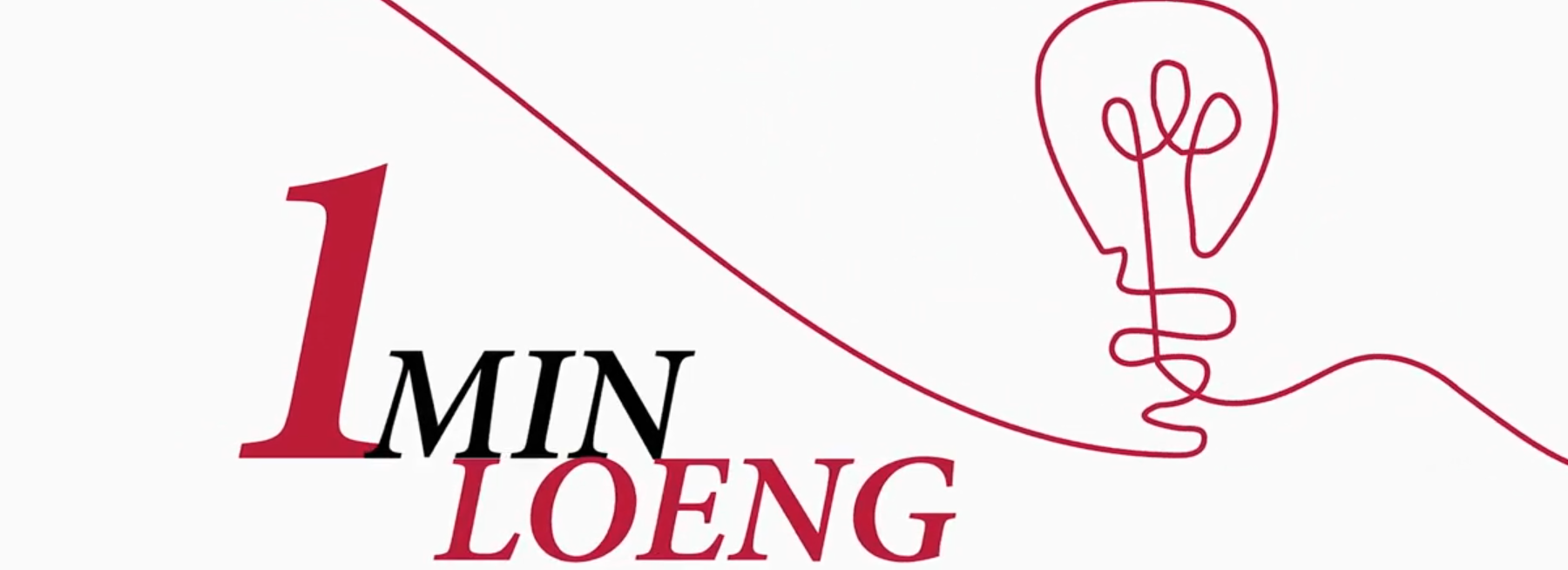One minute lecture: How do digital tools contribute to learning?
Phones and smart devices already form a natural, inescapable part of our everyday lives. Gertha Teidla-Kunitsõn, a PhD student at Tallinn University’s School of Governance, Law and Society, talks about how such tools can contribute to learning.

If we think of education as preparation for adult life, the use of digital tools and digital life generally form a natural part of it. As such, education should cover the use of digital tools.
The skilful integration of such tools into education provides us with new ways and opportunities to learn.
You can attend classes without leaving home if need be, and you don’t have to tackle math problems first thing in the morning: you can have a go at them later. Using digital tools saves us a lot of time and allows us to learn whatever we want to – from the violin to chess – while brining international learning opportunities our way. This is how the time we spend on a screen becomes more important than what we do on it.
However, this presupposes that we have had the opportunity to practise self-management and autonomy in the use of digital tools. Moreover, the use of such tools in learning should be for a specific purpose and linked to the learning content, not something we should do simply for the sake of it.
It is true that there are negative aspects to the use of digital tools in education as well. For instance, working with digital tools can pose a major challenge to our concentration, as we are constantly distracted by notifications. It can also overburden us if we have to work in too many different environments at the same time.
However, the use of digital tools in education cannot and should not be seen as only a good thing or only a bad thing: one and the same aspect can be positive and supportive of certain youngsters and negative for others. Nor does avoiding the digital world do anything to help us develop our digital literacy and safe online behaviour. The best approach in terms of the latter is a step-by-step one, entering the digital world with guidance from our parents and teachers.